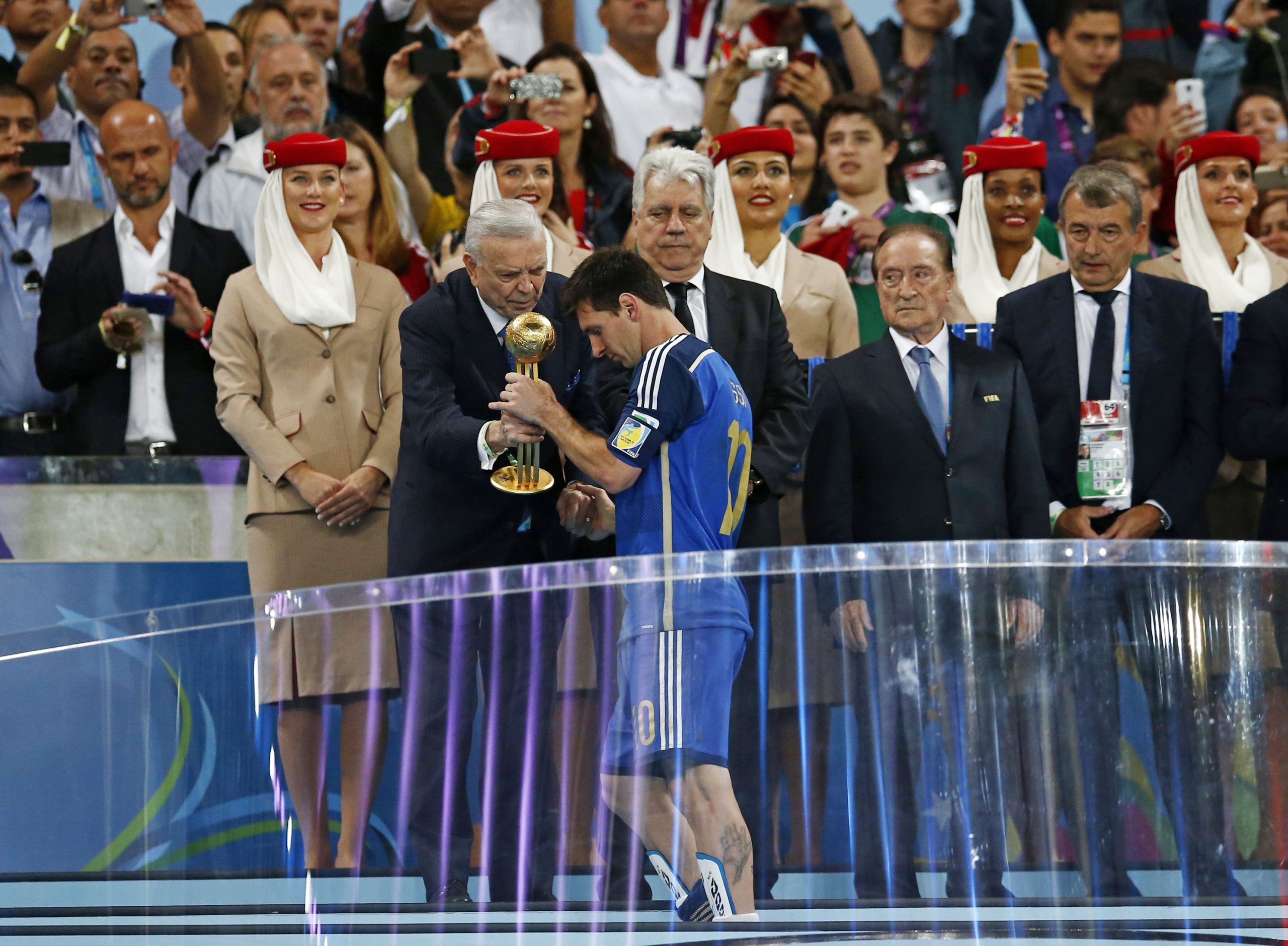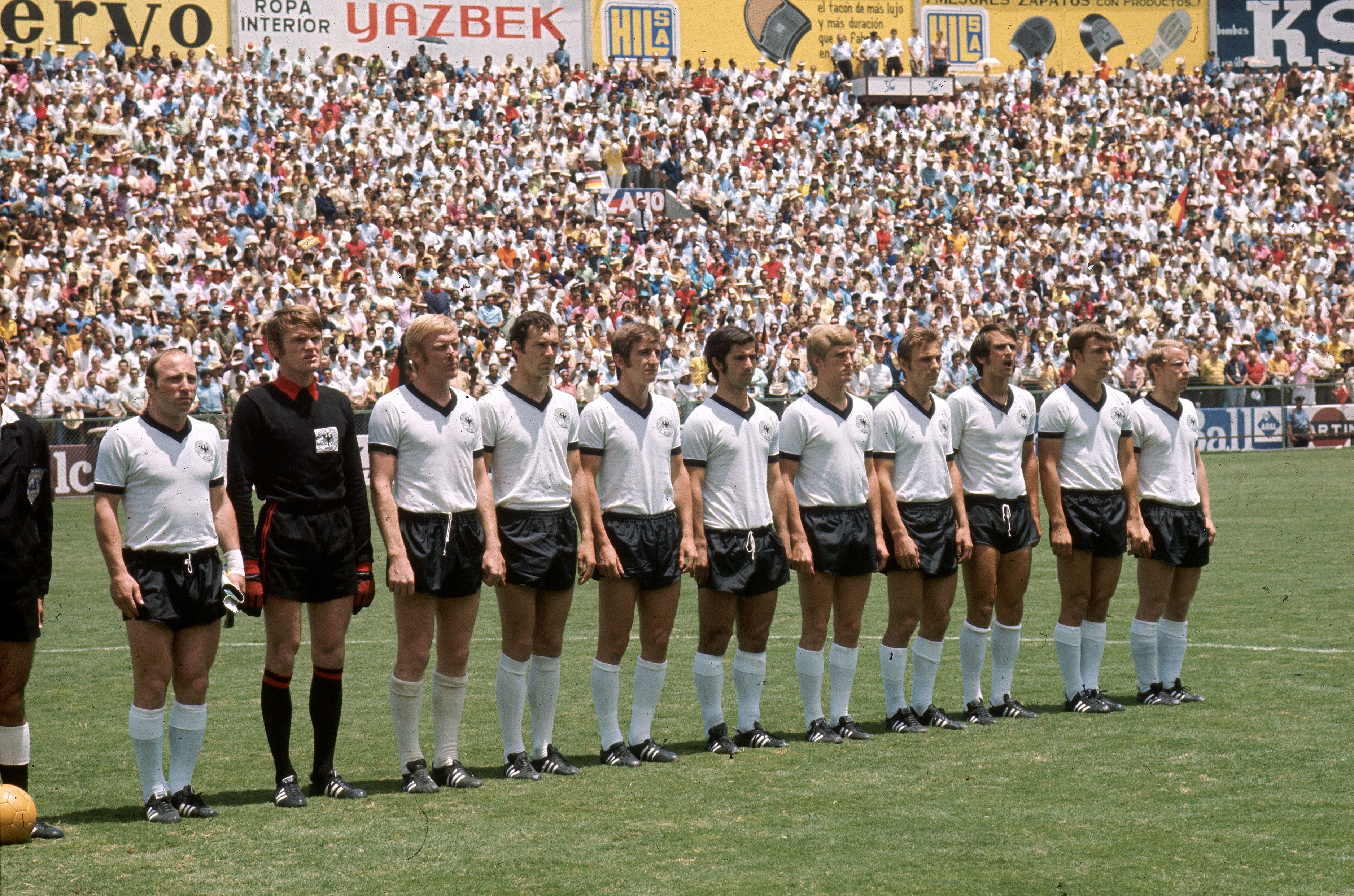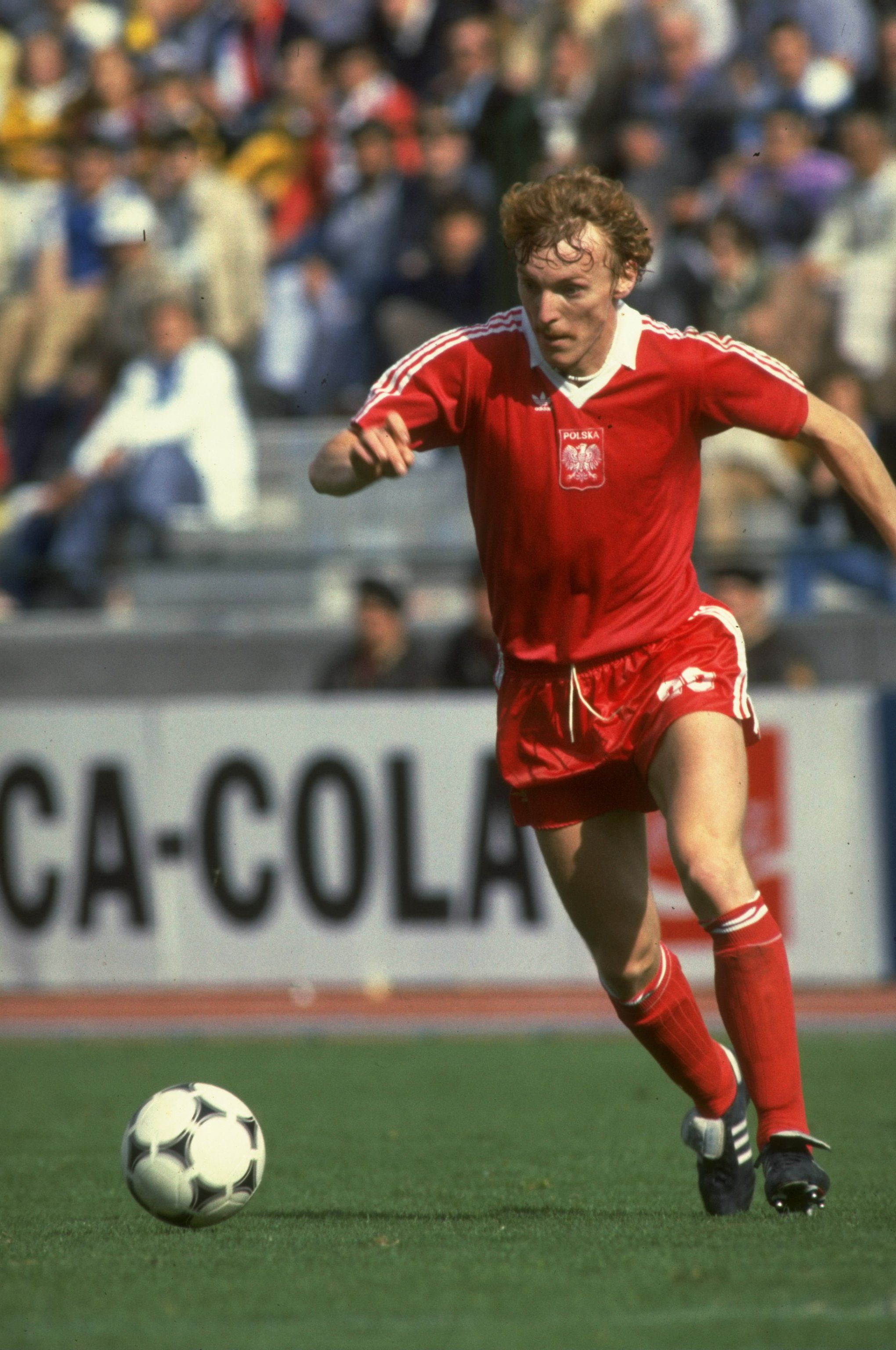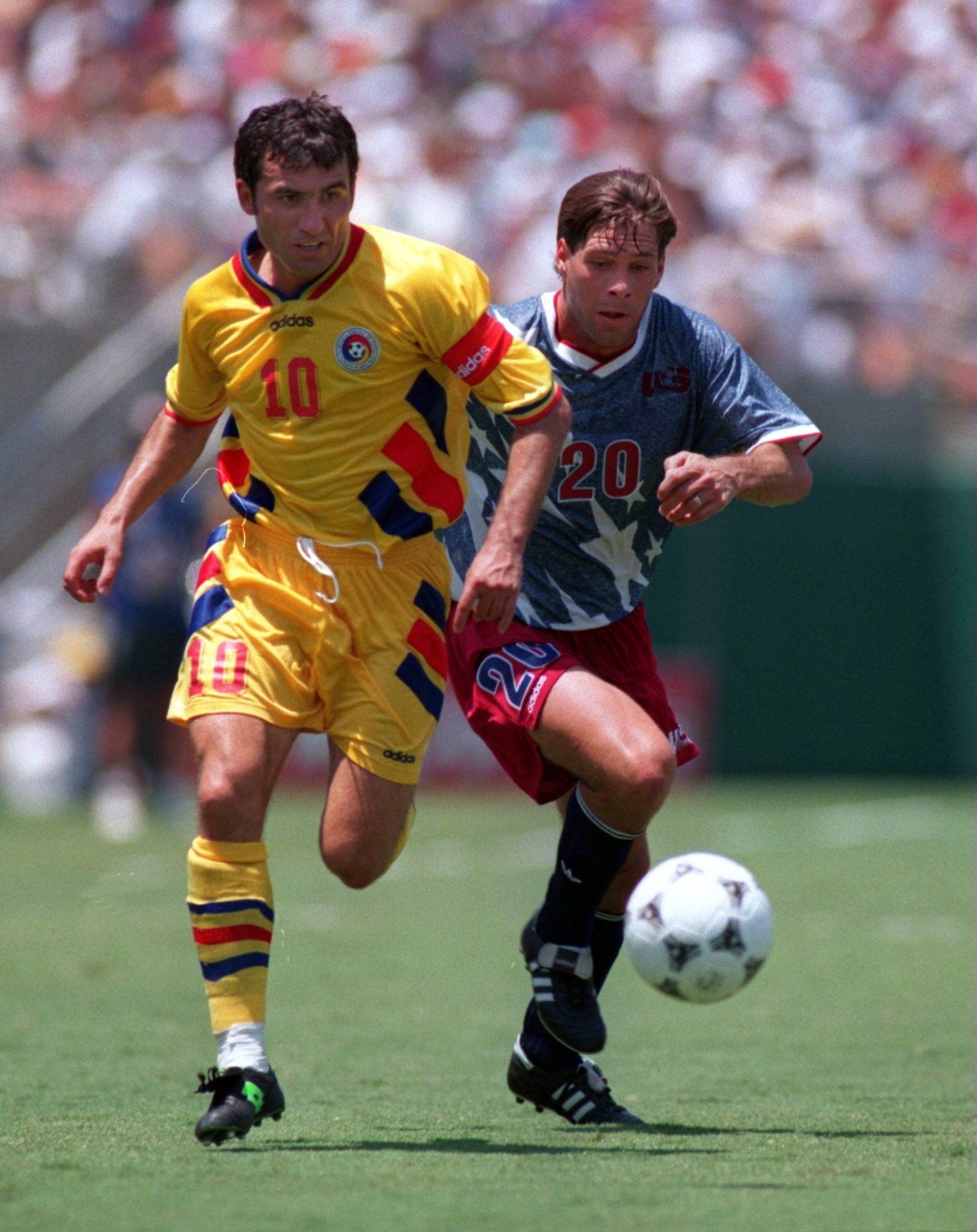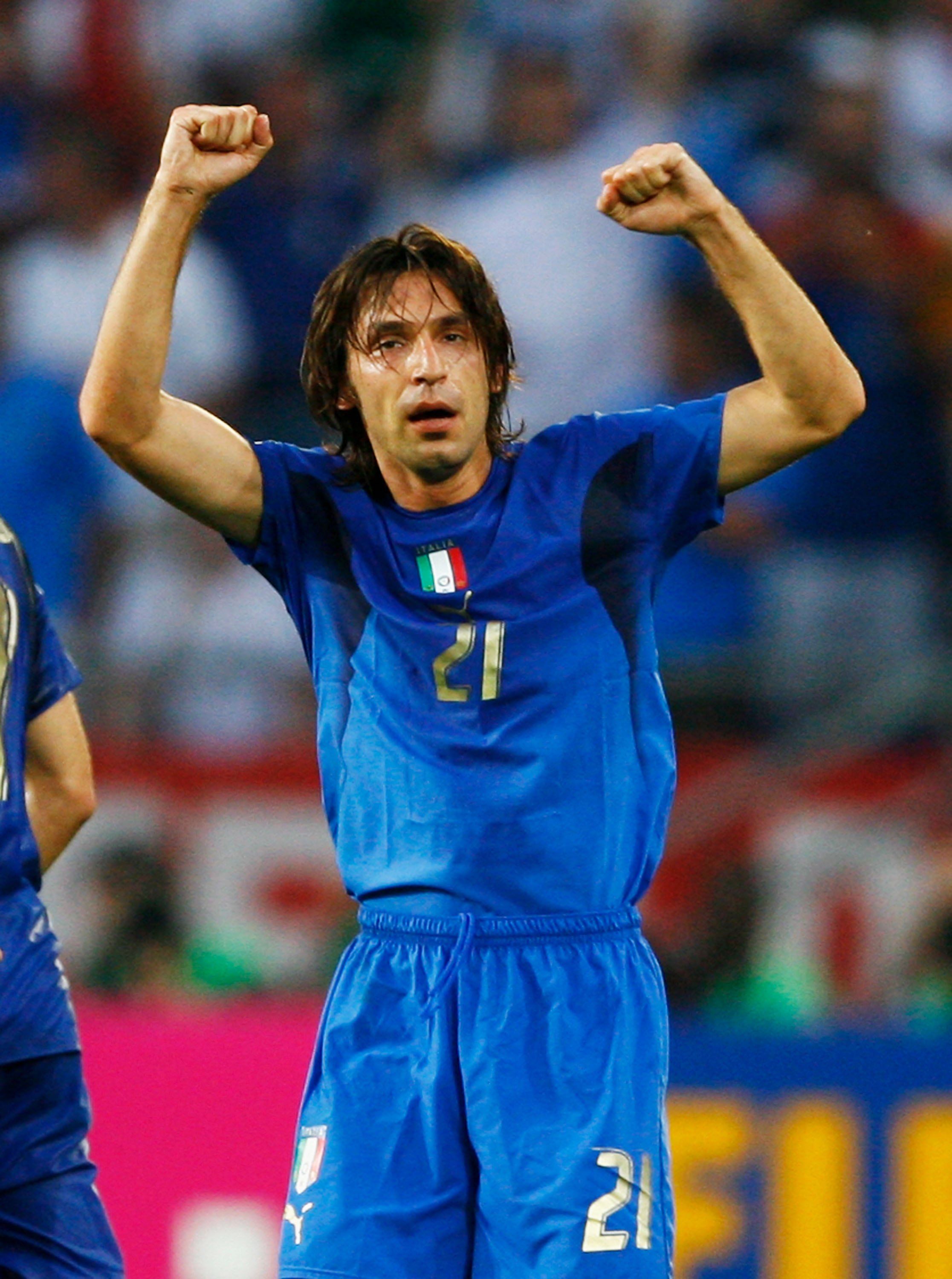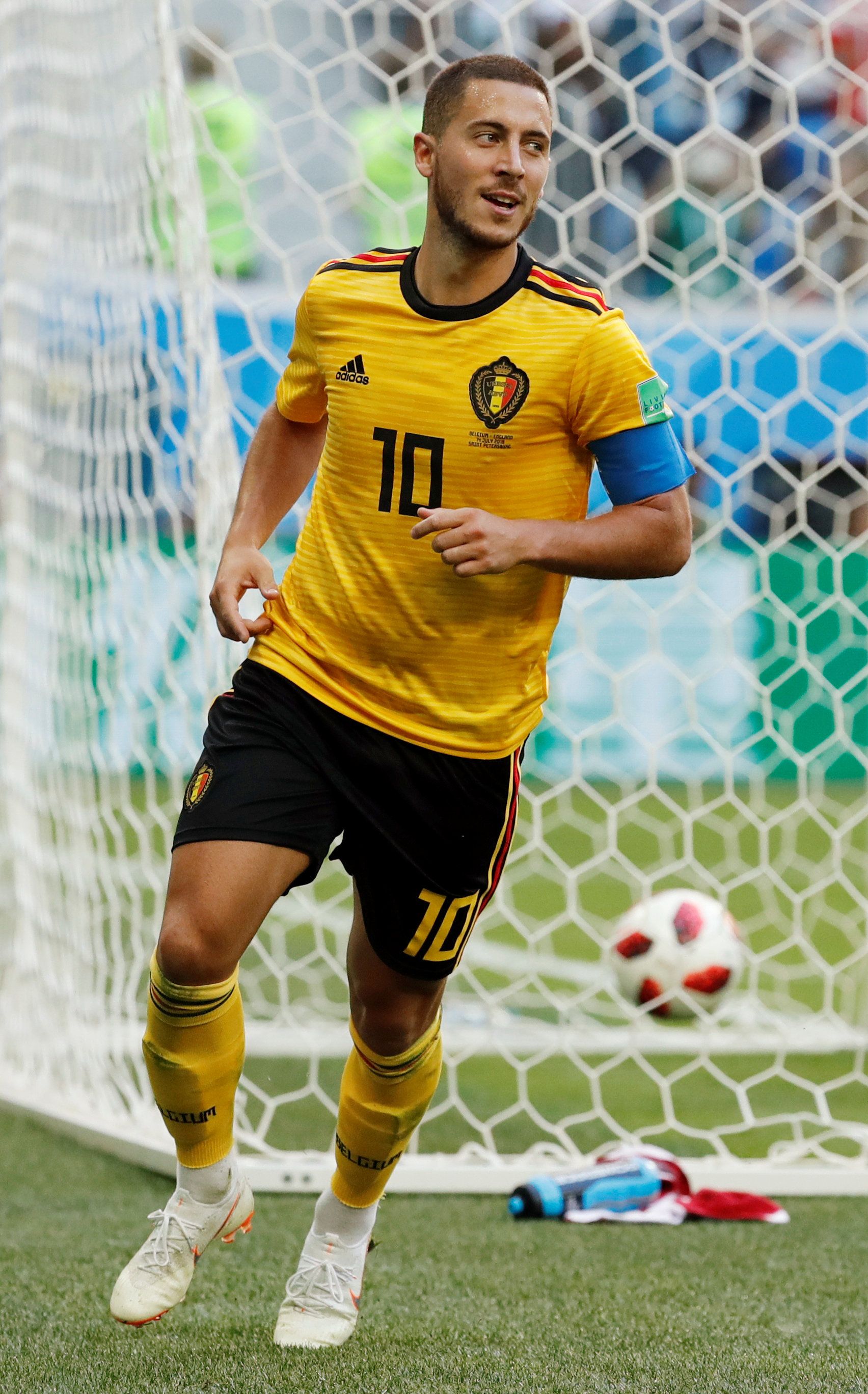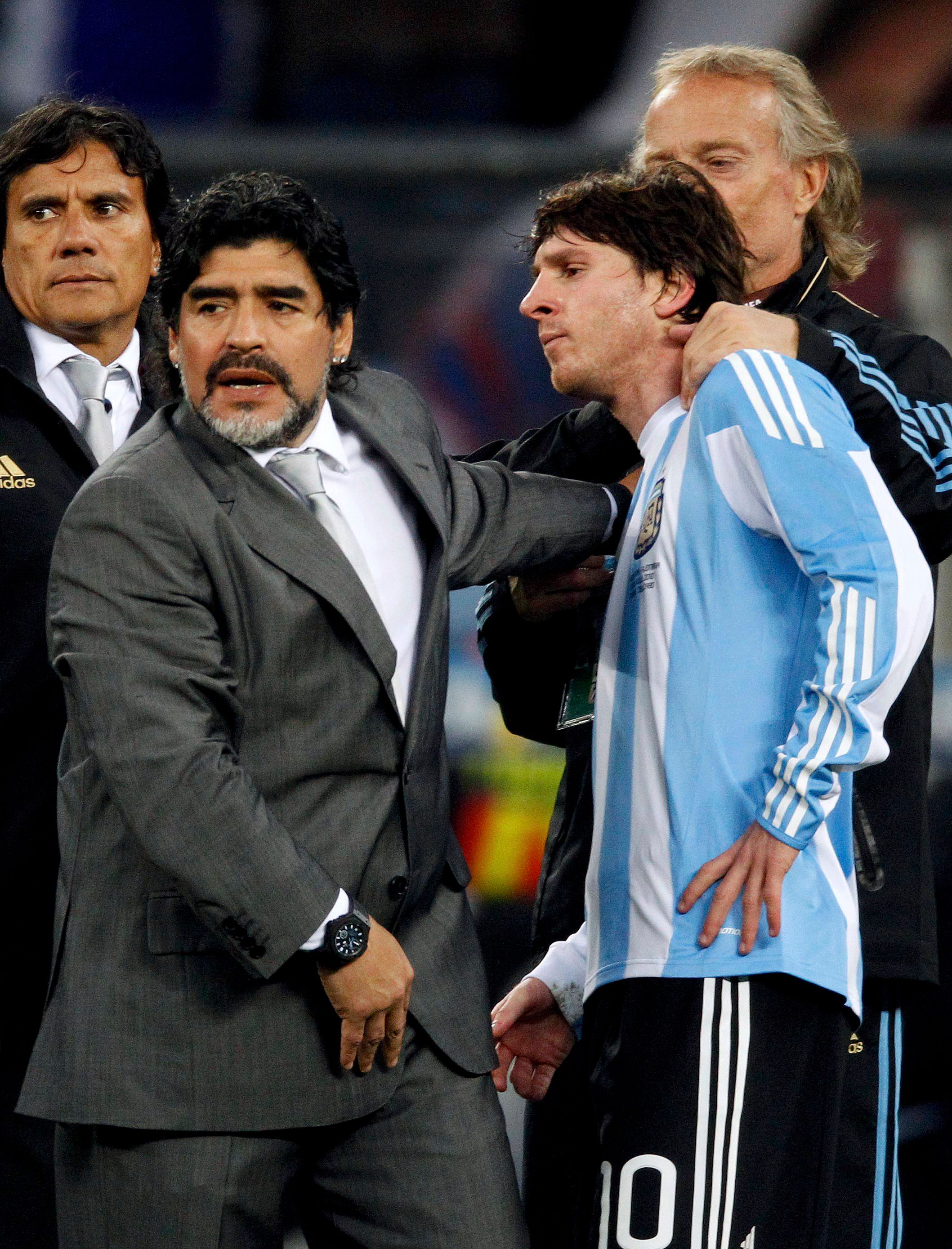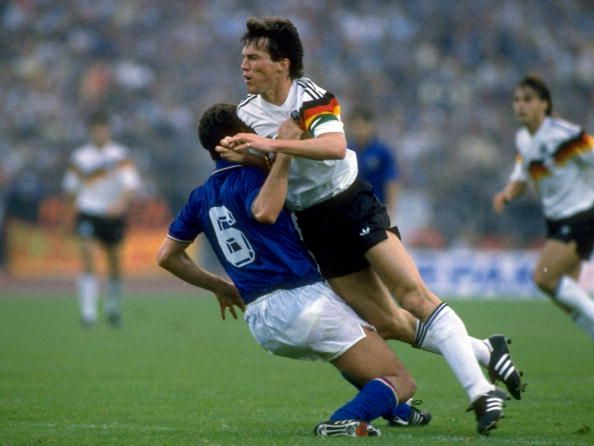France's Kylian Mbappe is the current frontrunner to win the Golden Ball at the 2022 World Cup: the award given to the best player at the tournament.
It's an illustrious award that icons of the game such as Diego Maradona, Ronaldo and Lionel Messi have already gotten their hands on, cementing their place in the history of the biggest competition in the men's game.
And ahead of France's crunch quarter-final with England on Saturday, Mbappe is leading the way to join that exclusive club of players having notched five goals and two assists in four games.
What is the World Cup Golden Ball?
However, it's too soon to start carving his name in the trophy with the likes of Bruno Fernandes, Messi and even Jude Bellingham still in the hunt depending on how the coming week or so plays out.
And while the decision will ultimately come down to a FIFA committee and media voters, you can bet your bottom dollar that fans will stir up plenty of debate and discussion in the mean time.
But just how accurate has the Golden Ball actually been at garlanding the best player at each World Cup iteration in the past? Is it, dare we say, not all that it's cracked up to be?
Check out our 2022 World Cup hub page
Well, that's something we set out to explore as the contenders for the 2022 edition shape up, turning to the fascinating statistics over at SofaScore to see if the data tells a different story.
With the brilliant website having gone through the record books and produced statistical analyses for every single player at tournaments dating back to 1966, SofaScore have been able to reveal in Instagram posts over the past few weeks who the highest-rated star truly was every four years.
In other words, who was the winner of the Golden Ball in the eyes of the data with the players' match rating from each appearance - which, itself, is informed by a number of metrics - averaged out to give them a score out of 10 for the entire competition?
From there, we can compare the result to how the Golden Ball was actually handed out.
England quiz: Can you answer these 25 questions on the Three Lions at World Cups?
The accolade has been officially organised by FIFA since 1982 and there was also a vote in 1978 that we can reference, but as far as 1966, 1970 and 1974 are concerned, we're citing a widely accepted World Cup retrospective from football historian Ejikeme Ikwunze for our 'actual winners'.
Who are the statistical Golden Ball winners?
Got it? Right then, well, be sure to check out who was statistically the best player at every men's World Cup since 1966 and how that differed to the real-world winers down below:
1966: Eusebio (Portugal) - 8.80
"Actual" winner: Sir Bobby Charlton (England)
1970: Gerd Muller (West Germany) - 8.48
"Actual" winner: Pele (Brazil)
1970: The West German football team line up before their quarter final match against England in the Mexico World Cup at Guadalajara. Players include (from left) Uwe Seeler, Sepp Maier, Schnellinger, Franz Beckenbauer, Gerd Muller, Loehr, Hoettges, Fichtel, Libuda, Overath and Bertie Vogts (extreme right). (Photo by Express/Express/Getty Images)
1974: Johan Cruyff (Netherlands) - 8.74
"Actual" winner: Johan Cruyff (Netherlands)
1978: Mario Kempes (Argentina) - 8.33
Actual winner: Mario Kempes (Argentina)
1982: Zbigniew Boniek (Poland) - 7.98
Actual winner: Paolo Rossi (Italy)
1987: Zbigniew Boniek of Poland in action during a match. Mandatory Credit: Allsport UK /Allsport
1986: Diego Maradona (Argentina) - 8.39
Actual winner: Diego Maradona (Argentina)
1990: Lothar Matthaus (West Germany) - 8.40
Actual winner: Salvatore Schillaci (Italy)
1994: Gheorghe Hagi (Romania) - 8.00
Actual winner: Romario (Brazil)
26 JUN 1994: GHEORGHE HAGI OF ROMANIA IS PURSUED BY PAUL CALIGIURI OF USA DURING THEIR 1994 WORLD CUP GROUP A MATCH AT THE ROSE BOWL STADIUM IN PASADENA, CALIFORNIA. Mandatory Credit: Stephen Dunn/ALLSPORT
1998: Celso Ayala (Paraguay) - 8.32
Actual winner: Ronaldo (Brazil)
2002: Michael Ballack (Germany) - 7.97
Actual winner: Oliver Kahn (Germany)
2006: Andrea Pirlo (Italy) - 8.10
Actual winner: Zinedine Zidane (France)
HANOVER, GERMANY - JUNE 12: Andrea Pirlo of Italy celebrates scoring his team's first goal during the FIFA World Cup Germany 2006 Group E match between Italy and Ghana played at the Stadium Hanover on June 12, 2006 in Hanover, Germany. (Photo by Clive Mason/Getty Images)
2010: Lionel Messi (Argentina) - 7.96
Actual winner: Diego Forlan (Uruguay)
2014: James Rodriguez (Colombia) - 7.96
Actual winner: Lionel Messi (Argentina)
2018: Eden Hazard (Belgium) - 8.12
Actual winner: Luka Modric (Croatia)
Soccer Football - World Cup - Third Place Play Off - Belgium v England - Saint Petersburg Stadium, Saint Petersburg, Russia - July 14, 2018 Belgium's Eden Hazard celebrates scoring their second goal REUTERS/Toru Hanai
Have the stats got it right?
Well, well, well, it's only actually in 1974, 1978 and 1986 that both the real-world accolade and the statistics agree with Cruyff, Kempes and Maradona's triumphs set in stone.
Elsewhere, there's pure carnage with one of the most head-turning results decreeing that Messi was actually awarded the Golden Ball at the wrong World Cup.
While Rodriguez being a more deserving winner in 2014 was actually a strongly held opinion amongst a lot of football fans at the time, nobody was clamouring for the Argentina star to get the better of Forlan four years previously.
In fact, it really is surprising to see Messi come out on top in South Africa when he was widely considered to have flopped with a record of zero goals and one assist from five appearances.
Argentina's coach Diego Maradona (L) and Lionel Messi react after Germany won their 2010 World Cup quarter-final soccer match at Green Point stadium in Cape Town July 3, 2010. REUTERS/Darren Staples (SOUTH AFRICA - Tags: SPORT SOCCER WORLD CUP)
However, the statistics aren't just plucked out of the air, so it's clear that Messi's overall dribbling and playmaking was enough to make him the standout performer as far as the data is concerned.
Meanwhile, we fear that goalkeepers finding it harder to make an impression in these sorts of analyses has robbed Kahn in 2002 and Celso Ayala can count himself very lucky not be ousted by either Zidane or Ronaldo despite impressing in 1998.
But it's not all confusion and controversy because Matthaus does feel like a more deserving winner than Schillaci at Italia 90, while Muller did have a stronger individual tournament than Pele at Mexico 1970.
10 Jun 1988: Lothar Matthaus of West Germany is blocked by Ricardo Ferri of Italy during the European Championship Group 1 match at the Rheinstadion in Dusseldorf, West Germany. The match ended in a 1-1 draw. \ Mandatory Credit: Allsport UK /Allsport
Ultimately, though, the award isn't settled by the statistics alone, so only time will tell whether FIFA continue to walk their own path when they dish out the Golden Ball for Qatar 2022. Stay tuned.
You can find all of the latest football news and rumours right here.




















